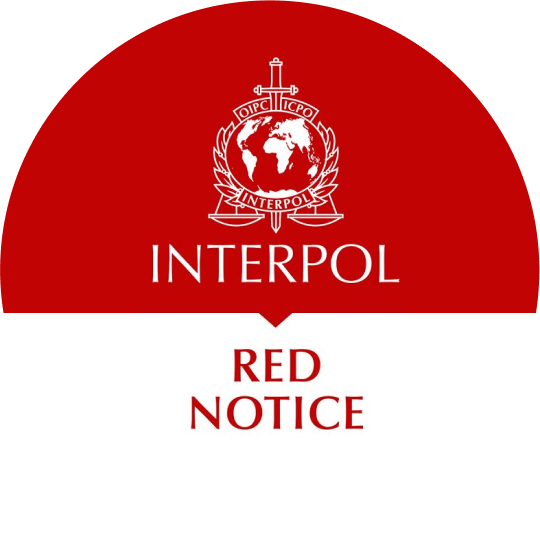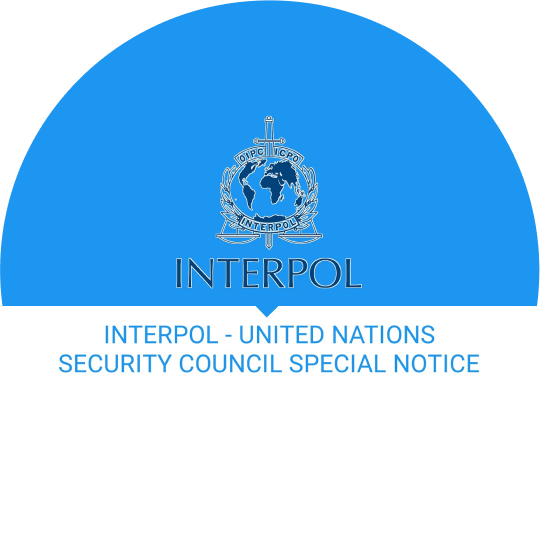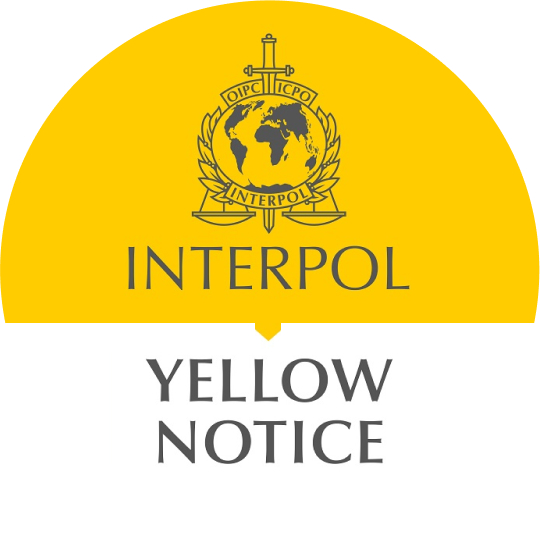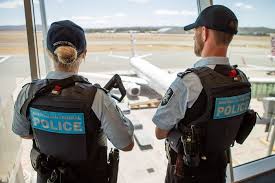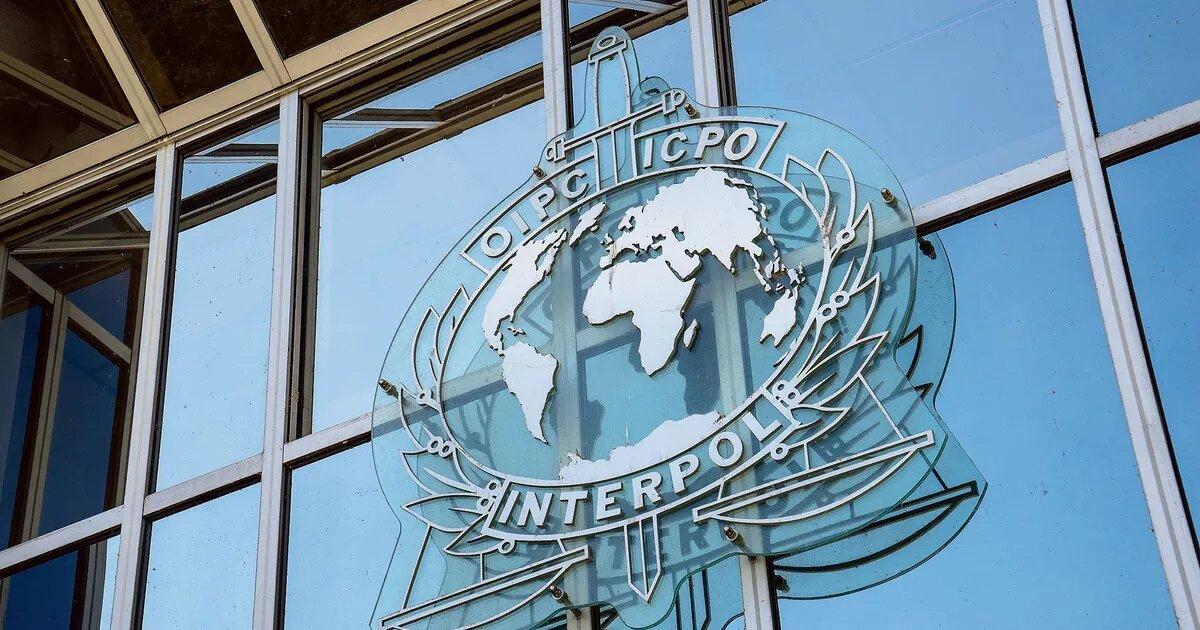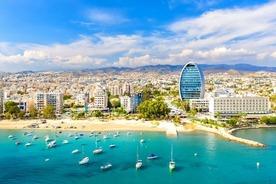Many people assume that INTERPOL deploys agents to make arrests, but it’s important to understand that while INTERPOL may publicize its role in arrests, it actually works differently.
INTERPOL facilitates information sharing on transnational criminals among its member countries, providing a platform for quick communication and data exchange among police officers.
INTERPOL collaborates with national authorities to provide essential information for capturing criminals, but it does not make arrests or act without member countries’ approval.
What Happens When a Country Needs Urgent Help from INTERPOL?
INTERPOL’s Command and Coordination Center (CCC) controls all the daily operations of INTERPOL. The CCC has three operations rooms based in Singapore, Lyon, and Buenos Aires (similar to INTERPOL red notice law firms London). The offices operate 24 hours a day, 365 days a year, enabling them to provide real-time support to police officers in member countries at all times.
If the need arises, the INTERPOL can deploy specialized response teams when requested by the INTERPOL National Central Bureau (NCB) of the affected member country. The response teams fall into two categories:
- INTERPOL Incident Response Team (IRT)
- INTERPOL Major Event Support Team
INTERPOL Incident Response Team (IRT)
The IRT comprises a team of experts deployed by INTERPOL when requested by a member country in the event of a crisis. The IRT can be required to respond to crime or disaster.
IRTs assist local police with investigations, providing experts in explosives, biometrics, and digital forensics. Their collected data is matched against INTERPOL databases to identify suspects.
Disaster teams deploy during events like earthquakes, floods, hurricanes, and wildfires to perform disaster victim identification, as these natural disasters often occur unexpectedly.
First, the IRT examines the scene and conducts the recovery of victims and their property – it can take several days depending on the nature of the disaster. They then conduct a post-mortem examination, which involves forensics like fingerprints and DNA information.
INTERPOL Major Events Support Team (IMEST)
Member countries can request INTERPOL’s assistance in deploying experts to establish security structures for major international events, which typically attract large crowds and extensive media coverage.
To counter terrorists drawn to major events for attention, INTERPOL deploys IMEST for security checks and document scrutiny, providing access to databases containing images of wanted persons, fingerprints, and stolen travel documents.
If a crisis situation arises during the event, IMEST team members can respond as IRTs. INTERPOL response team experts are trained in all the relevant fields.
So do INTERPOL Carry Guns?
No, INTERPOL employees are not armed. INTERPOL helps authorities in the member countries to identify criminals and conduct arrests. They facilitate real-time information exchange among law enforcement and provide access to databases with images, fingerprints, and travel documents of wanted individuals.
They can also give INTERPOL red notice removal advice if needed.









